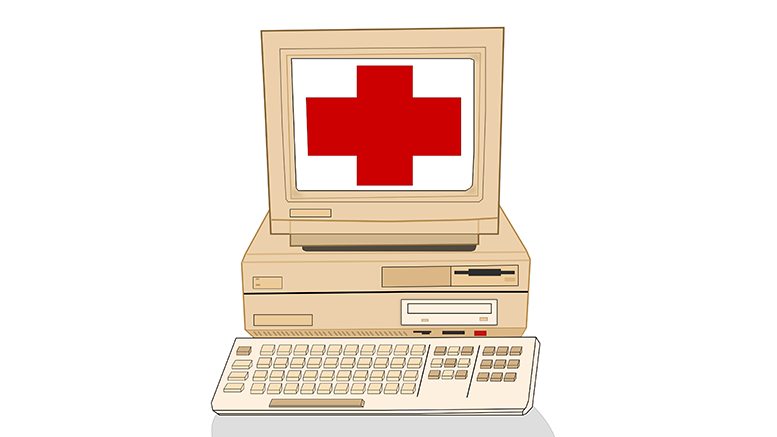Kristin Reynolds, an associate professor in the U of M’s department of psychology, began her research experience with a remarkable mentor.
As an undergraduate student, she worked with the late U of M professor emeritus John Walker on a qualitative exploration of how young adults understand mental health which resulted in the innovation of online education and self-assessment tools.
“That project just kind of set my stage for what I wanted to do for the rest of my career,” said Reynolds. She explained that her experiences with Walker shaped her approach to knowledge translation in research.
“He was just deeply inspiring and motivating and his view was always if you want to get at the heart of an issue, you have to talk to people,” Reynolds said. “You have to talk to and with people who have lived these experiences and who are undergoing challenges and might have really important voices to be heard.”
Since then, the vision for her research has grown from Walker’s belief that to truly understand the crux of an issue, we must hear from people who have lived those experiences.
Today, Reynolds oversees the Health Information Exchange Lab, conducting community-involved projects which mobilize evidence-based approaches that address the mental health needs of population groups. Relying on a wide range of research methodologies, Reynolds’ lab explores perspectives on mental health amongst older adults, those who are pregnant and postpartum and the healthcare providers who work with both groups.
In partnership with local organizations, the lab invests back into the community with resources tailored to the needs and perspectives shared. The lab evaluates each resource using community feedback, gaining insight into whom the resources are working for and why. This approach allows them to refine their resources and identify those whose voices have not been well-represented.
Currently, the Health Information Exchange Lab is working to support mental health through multiple projects. For example, Reynolds co-developed the Connect Program in partnership with A & O: Support Services for Seniors, a not-for-profit organization that aims to provide specialized support for older Manitobans. This peer support initiative aimed to combat isolation and loneliness in older adults by arranging weekly one hour visits with volunteers.
She noted that the community provided the concept for the program through an initial qualitative exploration of the mental health perspectives of older adults.
The Connect Program is currently being expanded across Canada. The lab is working to tailor this program according to community preferences. As it expands, Reynolds shared that the process of individualizing the program is grounding the program in each community, stating that the Connect Program “will have a variety of homes.”
Another project resulted in the launch of an online self-directed cognitive behavioural therapy program to help individuals reduce perinatal anxiety. Program users appreciated that it allowed them to receive support whenever and wherever their anxiety may arise, she said. Now, Reynolds hopes to collaborate with the Anxiety Disorders Association of Manitoba to offer this material as a peer support program.
Regarding healthcare providers, the lab is working with Riverview Health Centre to explore the experience of long-term care staff and management. Specifically, the lab is exploring changes in their experiences during acute phases of the COVID-19 pandemic and the present.
Reynolds has woven the principles of community-engagement into the very fabric of her lab’s culture. She emphasized the importance of each lab member cultivating this area of research with “their unique lenses and passion.”
Just as she was invited to participate in research as a student, Reynolds made it known that it is not her work alone that fuels the continued innovation at the lab.
“I’m sort of the face of the lab and the director of the lab, but also there’s so many good grad students and undergrad students […] helping to lead the way as well,” she said. “My hope for students always is that they can get connected, and get connected with labs who are supportive and action oriented.”


